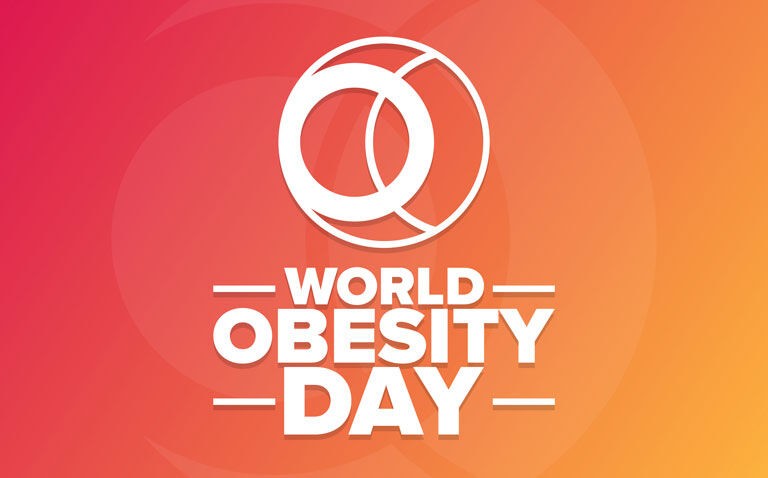Clinical evidence has revealed that bariatric surgery could prevent COVID-19 deaths in people living with obesity, a group that has been disproportionately affected during the pandemic.
The study comes at a time when the NHS continues to be under severe pressure from COVID-19. The findings are part of a study, ‘Cost-effectiveness of bariatric and metabolic surgery, and implications of COVID-19 in the United Kingdom, co-authored by Dimitri Pournaras, a specialist in Upper Gastrointestinal, Bariatric, and Metabolic Surgery and funded by Johnson & Johnson Medical Devices Companies.
It explored the possible clinical and economic benefits of bariatric surgery compared with nonsurgical treatment options, considering the broader impact of COVID-19 on people living with obesity. The research team concluded that increased provision of bariatric surgery could reduce COVID-19-related morbidity and mortality, along with obesity-related comorbidities, ultimately reducing the clinical and economic burden of obesity.
Among 1000 individuals with body mass index (BMI) ≥ 40 kg/m2 or BMI ≥ 35 kg/m2 with obesity-related comorbidities, bariatric surgery would prevent 117 deaths due to COVID-19 alone. Looking at the impact on hospital usage in the same group and assuming that they would all get COVID-19, 124 people would not be admitted to the hospital and 161 would not be admitted to the intensive care unit.
Delaying bariatric surgery by five years further increased costs and had a negative impact on quality of life, compared with not delaying treatment.
Mr. Pournaras stated: “These striking figures are only focusing on outcomes associated with the pandemic. The benefits of bariatric surgery with sustained weight loss maintenance will have a persistent effect on improving survival, reducing the burden of obesity-associated disease and improving functional outcomes for the individuals who have received this type of treatment.
With the pandemic set to continue for the foreseeable future, the effective treatment of obesity should be a societal responsibility that we tackle together. Not just to ease the burden on the NHS, but to optimise outcomes for people living with obesity.”
Sarah Le Brocq, obesity advocate and key stakeholder across several obesity groups – including sitting on the strategic council for the All-Party Parliamentary Group on Obesity – said: “People living with obesity are genuinely fearful of contracting COVID-19, amid a growing number of reports that they are at greater risk of dying. We clearly need to introduce measures that tackle this, both in terms of reducing the risk to patients and the probable impact of them in the long-term.”










